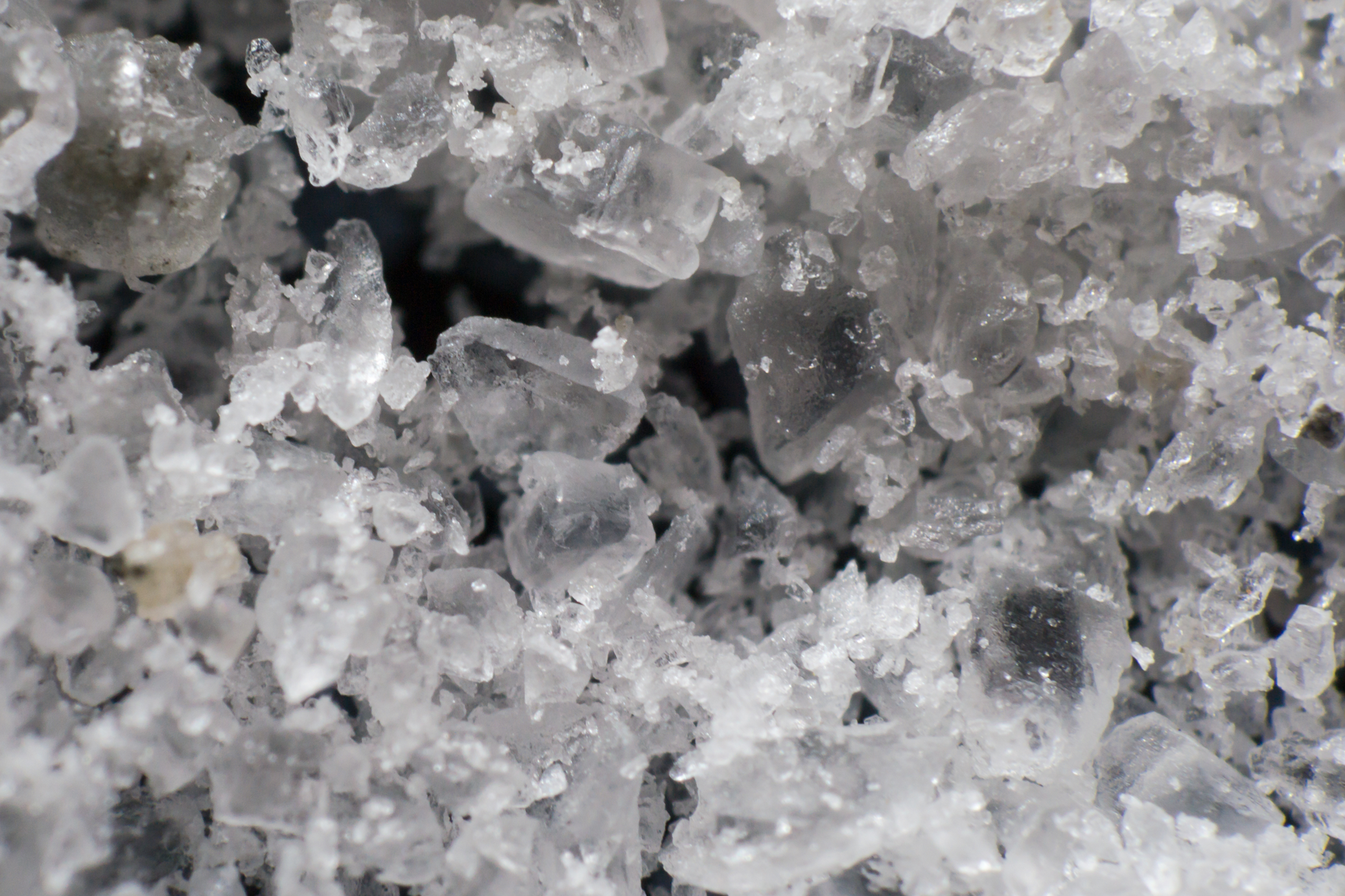Futuristic batteries made from salt get funding boost
Sodium-ion batteries could outperform standard lithium-ion cells at a much lower cost

Your support helps us to tell the story
From reproductive rights to climate change to Big Tech, The Independent is on the ground when the story is developing. Whether it's investigating the financials of Elon Musk's pro-Trump PAC or producing our latest documentary, 'The A Word', which shines a light on the American women fighting for reproductive rights, we know how important it is to parse out the facts from the messaging.
At such a critical moment in US history, we need reporters on the ground. Your donation allows us to keep sending journalists to speak to both sides of the story.
The Independent is trusted by Americans across the entire political spectrum. And unlike many other quality news outlets, we choose not to lock Americans out of our reporting and analysis with paywalls. We believe quality journalism should be available to everyone, paid for by those who can afford it.
Your support makes all the difference.Scientists are set to embark on a major new project to develop next-generation batteries that are cheaper and more sustainable than current technologies.
Multi-million euro funding for the NaKlaR project, which was announced on Monday, will see researchers explore ways to make sodium-ion batteries more efficient.
Unlike lithium-ion batteries, which are found in everything from smartphones to electric cars, sodium-ion batteries can be made from abundant and cheap materials.
The sodium can be extracted from salt lakes or mines, while also offering the benefit of being more stable, easier to recycle, and posing no risk of overheating. Their main limitation compared to lithium-ion batteries is a lower energy density, however researchers believe they have the potential to outperform their ubiquitous counterparts.
Project NaKlaR, led by researchers at the Institute of Inorganic Chemistry at the University of Würzburg in Germany, will seek to optimise the production process of sodium-ion batteries and improve their efficiency.
If successful, the researchers said the battery technology developed by the project could begin to replace lithium-ion batteries for some electric vehicles.
“They are suitable for smaller cars that are driven for shorter distances,” said Dr Guinevere Giffin, who heads a junior research group at the Chair of Chemical Technology of Material Synthesis at Julius-Maximilians-Universität (JMU) Würzburg.
Last year, a separate team of scientists from Tokyo University of Science made a breakthrough with sodium-ion batteries that delivered “unprecedented performance” for their electrodes.
In a study published in the journal Advanced Energy Materials, the researchers noted that sodium-ion batteries could be used in a range of commercial applications, including low carbon footprint energy storage systems for solar and wind farms.
Join our commenting forum
Join thought-provoking conversations, follow other Independent readers and see their replies
Comments